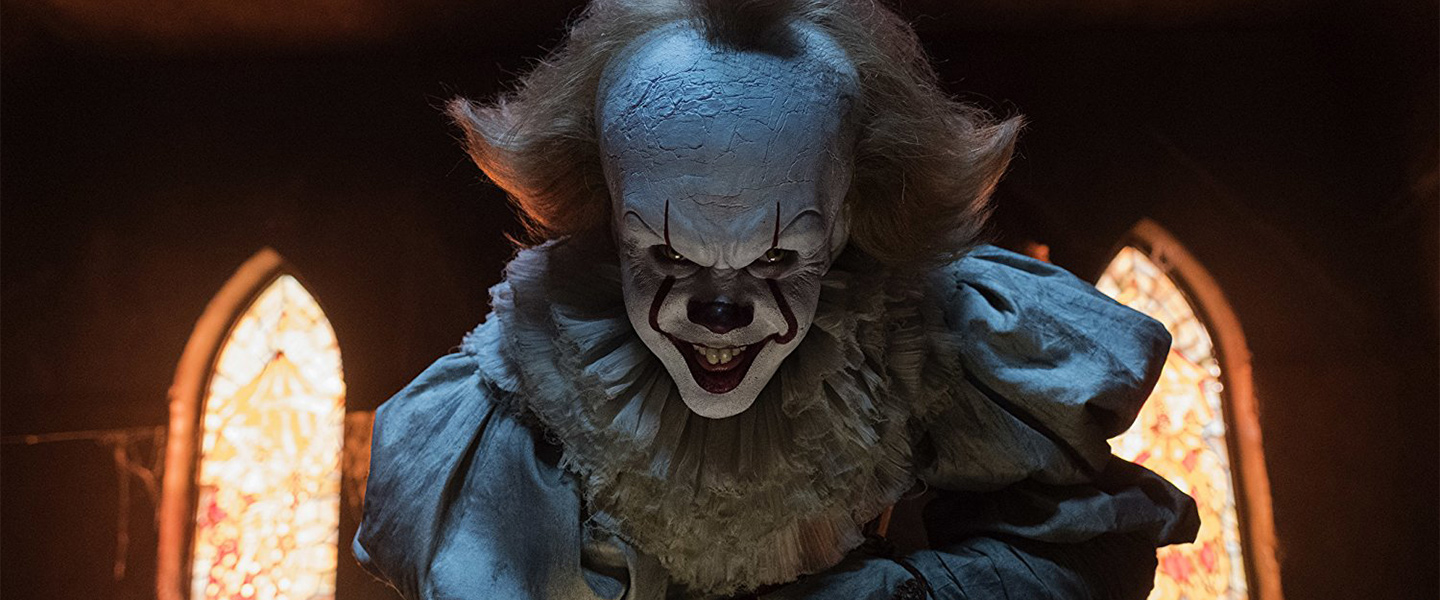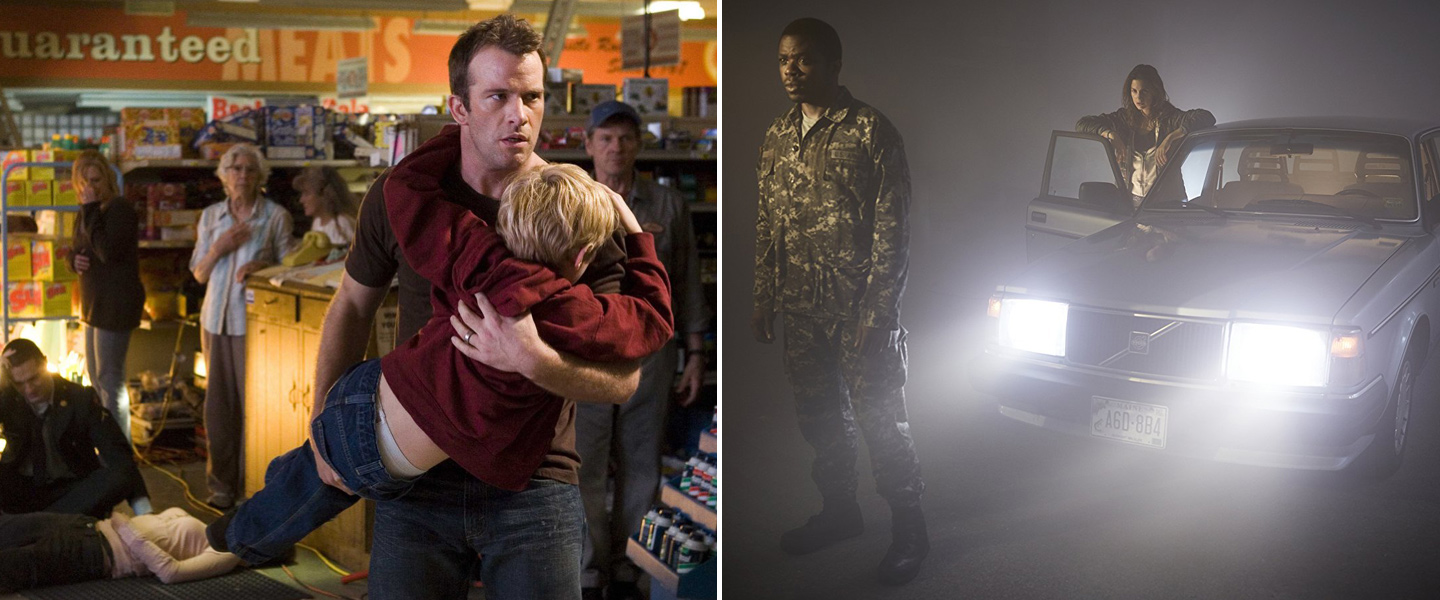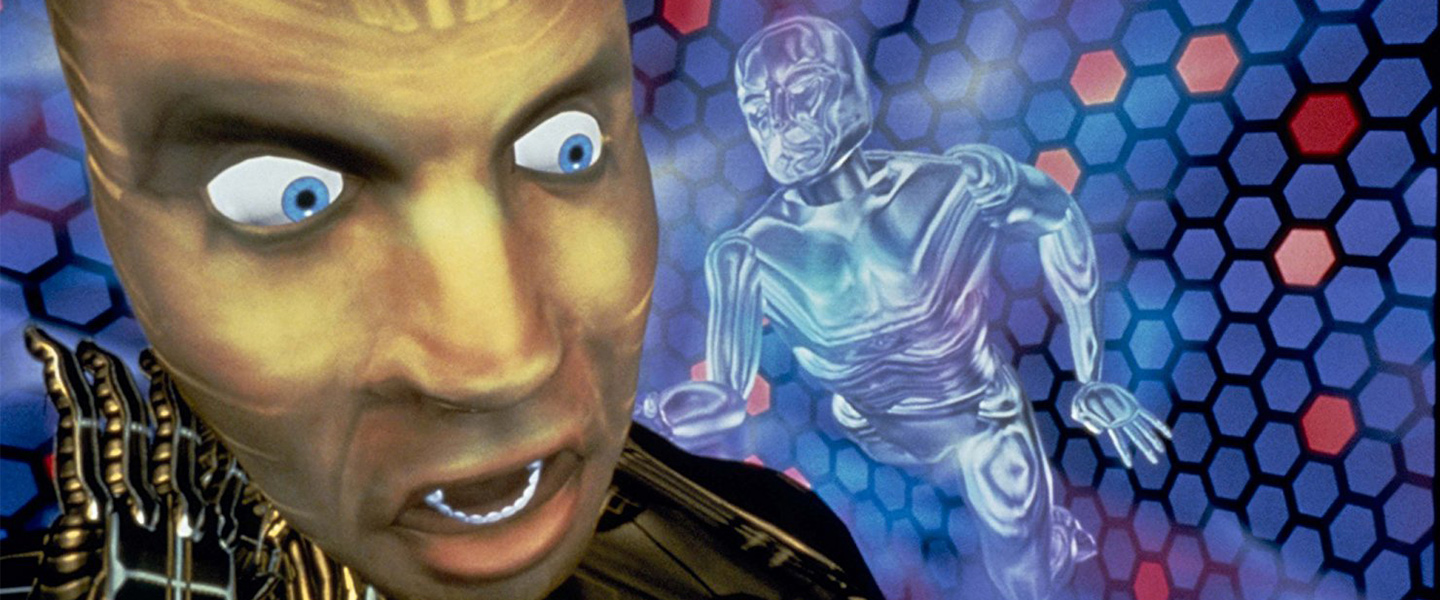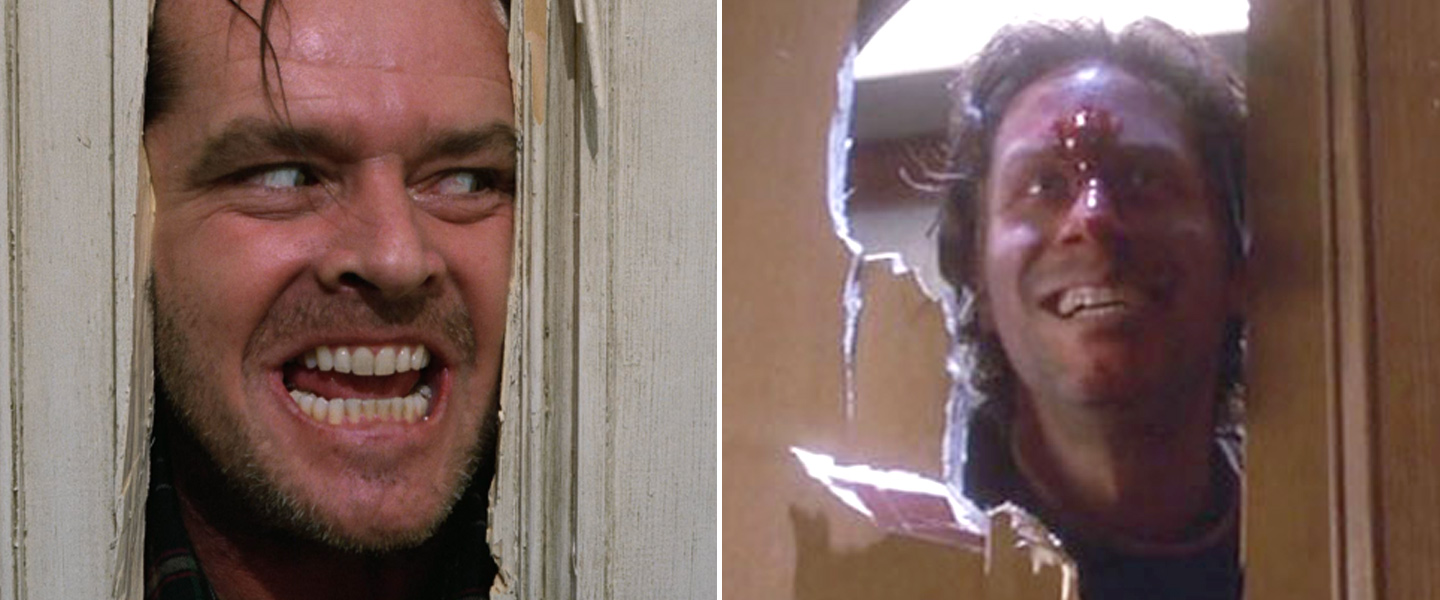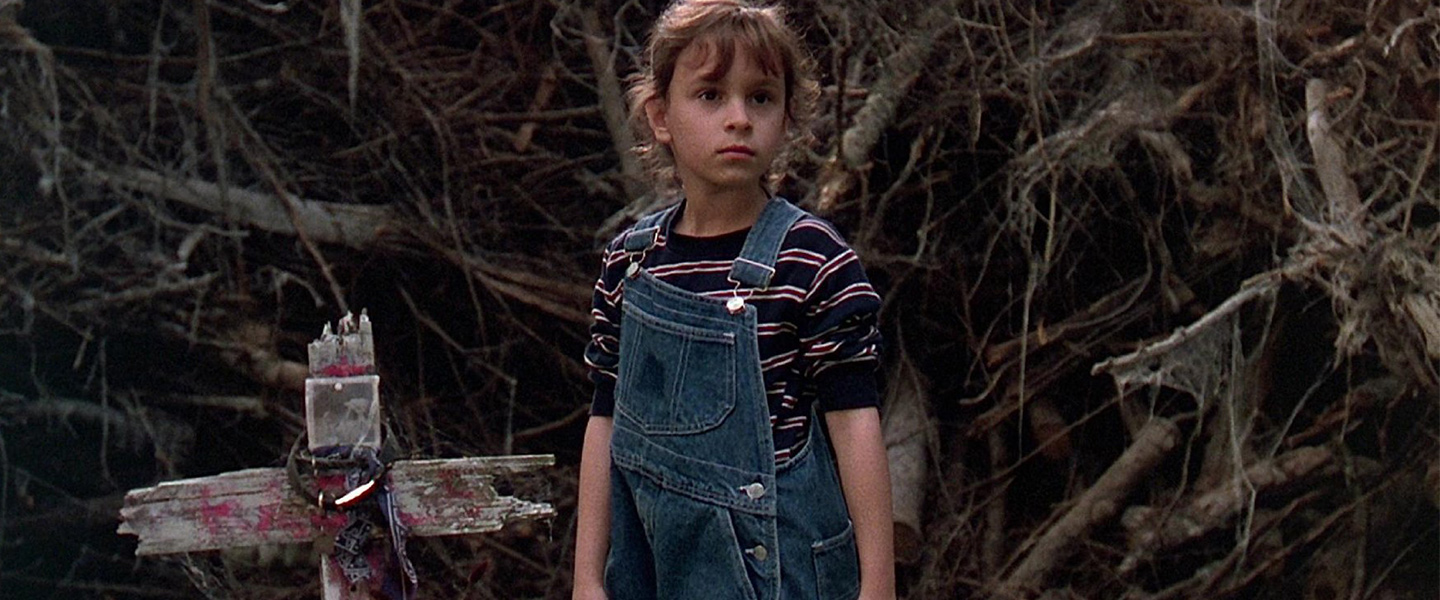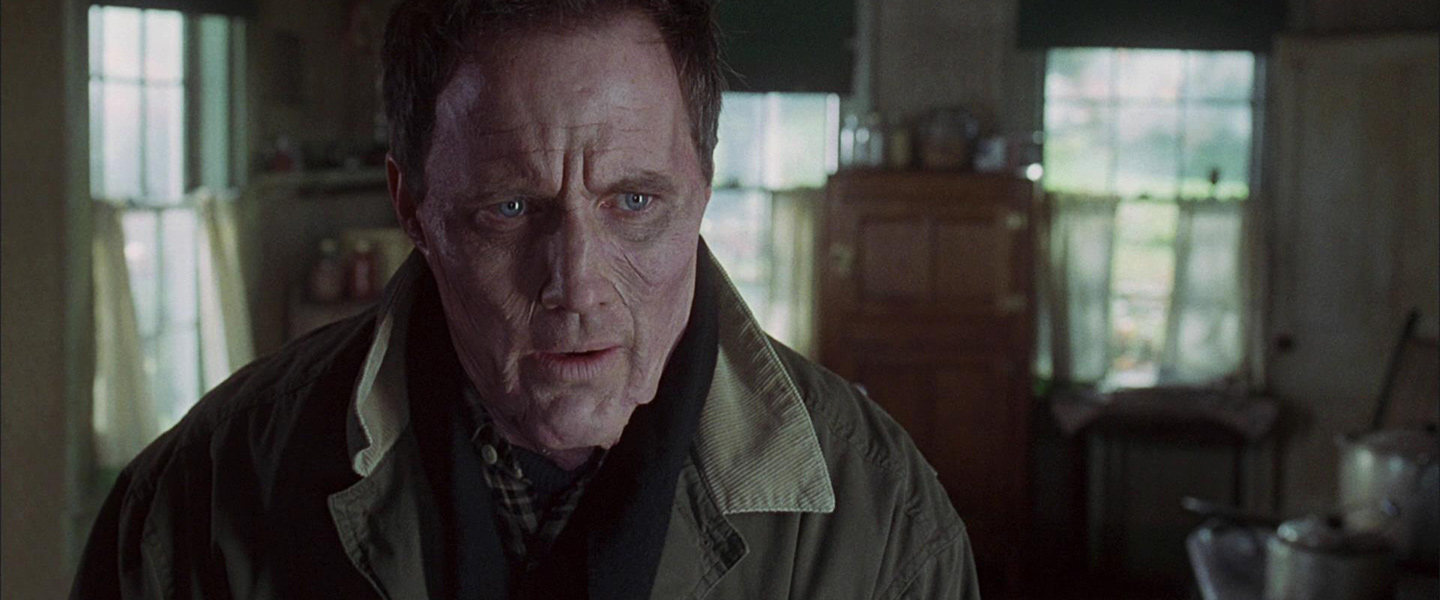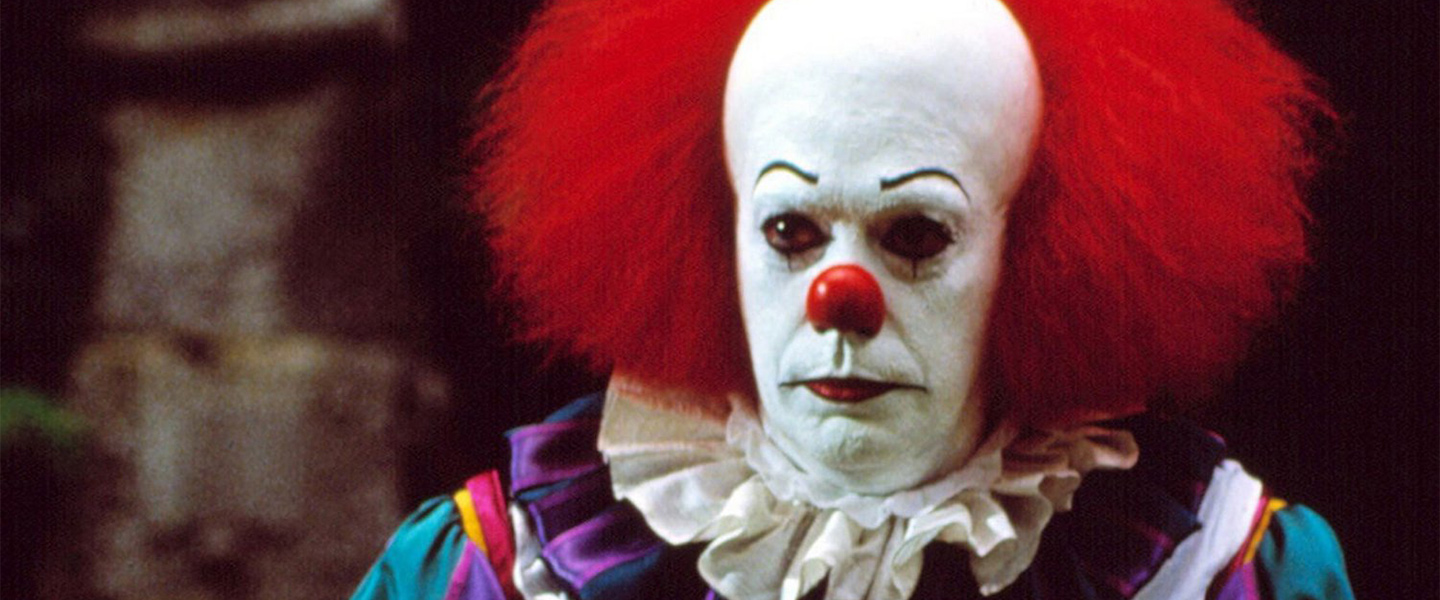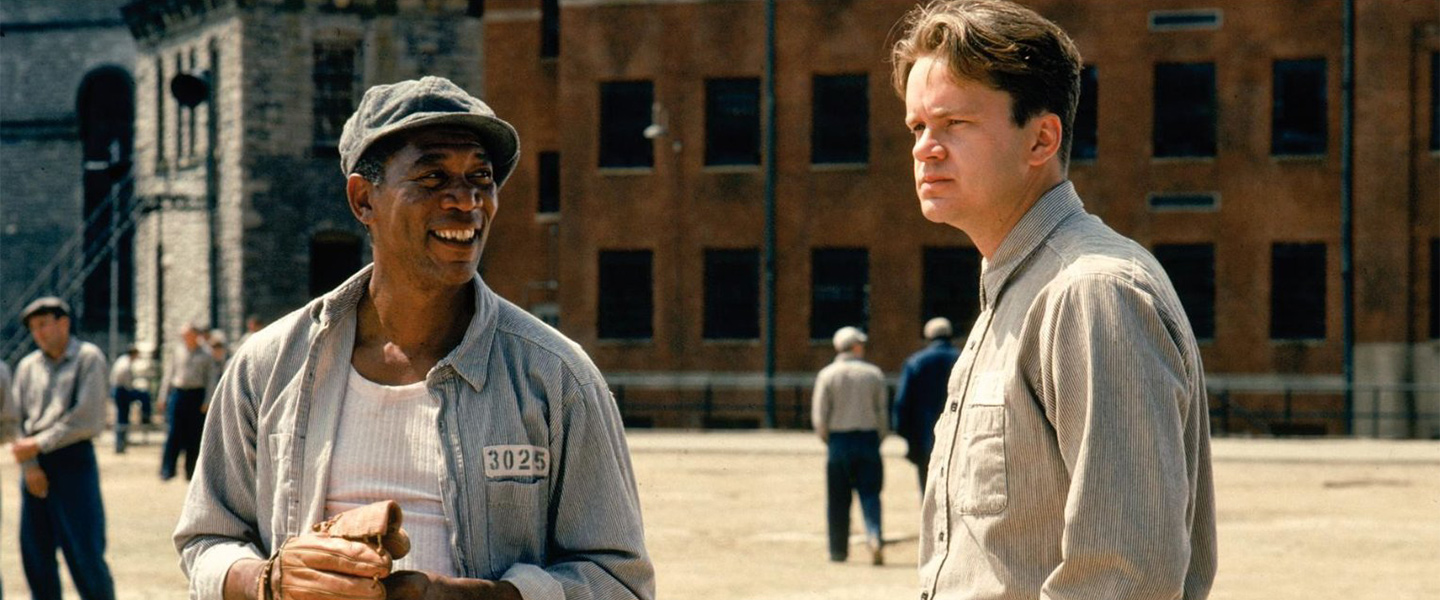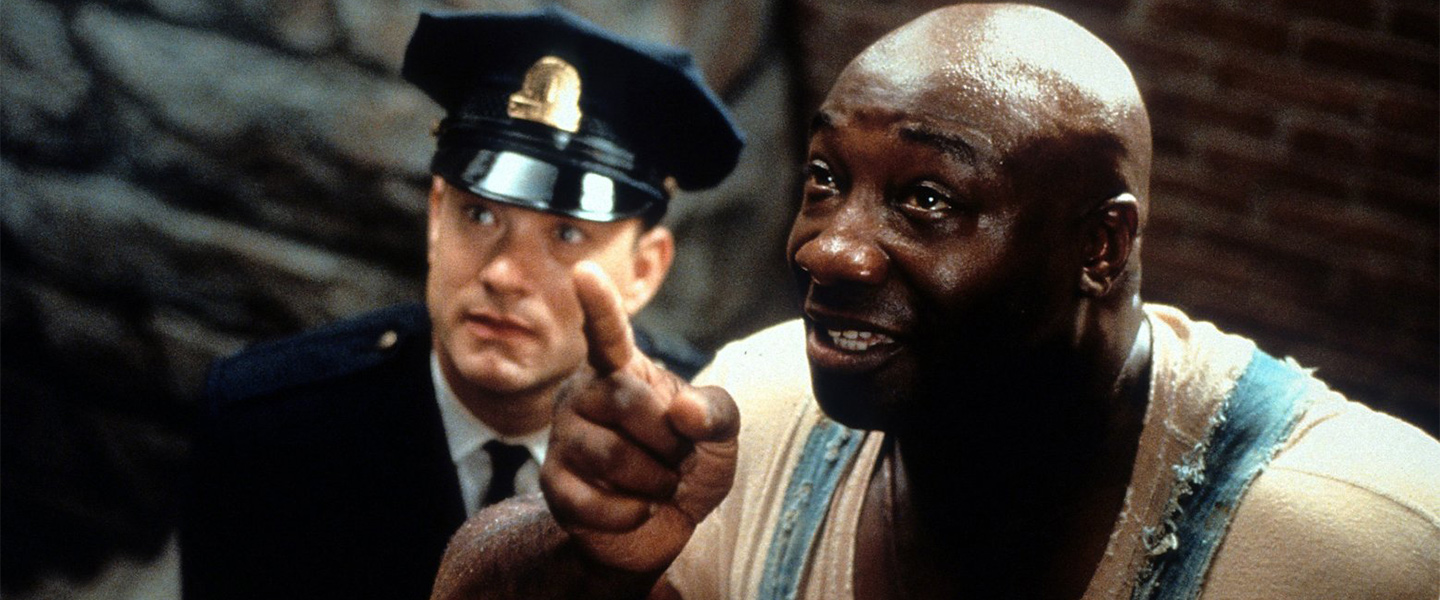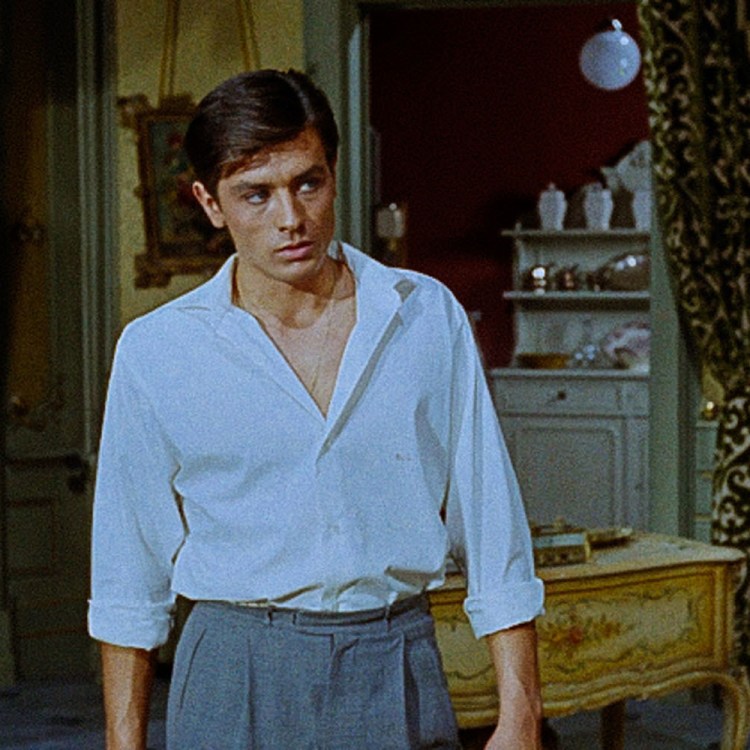With the release of IT today in theaters, there’s no better time to discuss one of my biggest pet peeves: the idea that the works of Stephen King, the most prolific author of our time (and perhaps any time), make for terrible, schlocky, screen adaptations. Nothing could be farther from the truth. From both a critical and box office perspective, King—recipient of the National Medal of Arts, the O. Henry Award and the National Book Foundation’s Medal for Distinguished Contribution to American Letters—is bested by only Shakespeare in terms of cinematic transformation.
Yes, there are many examples you can point to where the world’s most famous living horror writer’s stories have been lost in translation, especially in mini-series form. Did we really need a TV version of The Mist after the totally serviceable 2007 film which raked in $57,293,715 worldwide on a budget of $18 million? Probably not. Did Lawnmower Man, a very, very loose translation of one of King’s short stories (in truth, the biggest connection between the two was the title) really need a dud of a sequel (Lawnmower Man 2: Beyond Cyberspace)? Nope.
To make matters worse, King is terrible at converting his own work from story to script: Hence that mini-series of The Shining in 1997, which came about because the author felt Stanley Kubrick had taken too many liberties with his 1977 bestseller about a family suffering under the effects of both cabin fever and old-timey ghosts. Maximum Overdrive, which King directed and scripted in a fit of cocaine-fueled madness in 1986 could leave one with the impression that the man should stick to the page. Overdrive was a commercial and critical flop: With a budget of $9 million, the movie about a passing comet turning our wheels into sentient, malevolent gas-guzzlers netted only $7.4 million at the box office and has become something of a cult classic for its total failure of cogent narrative.
Then there are the middling King movies; passable and memorable only for their lack of greatness despite the source material: The Dark Half, Firestarter, Pet Sematary, Hearts in Atlantis, Thinner, Needful Things and this summer’s highly anticipated, total letdown of a beloved franchise, The Dark Tower. King’s mini-series…oh the mini-series!!…is what really bogs down public perception of his work translations. The Langoliers (my first introduction to the author’s work, about a plane of sleeping passengers arriving in the past only to be chased by time-eating balls of teeth), Storm of the Century (essentially The Mist), The Dead Zone (the show, not the film), Firestarter (ditto), Rose Red, Under the Dome and the aforementioned The Shining: the scariest thing about them all is their complete and utter mediocrity.
I can understand why people believe Stephen King’s adaptations are a terrible bet at this point, although I doubt it will keep audiences away from seeing the new iteration of IT, first shot as a miniseries in 1990 and starring Tim Curry as the tITular clown that abducts children in the small town of Derry, Maine in the 1960s. IT, along with 1996’s The Stand, are two of the exceptions when it comes to King’s rocky TV legacy: USA Today compared the former to Twin Peaks when it first aired; the latter garnering an 86 percent on RottenTomatoes.com and six Emmy nominations and winning two.
That brings me to the crux of audiences’ misconception about King: His hit-to-miss ratio regarding adapted works is much, much higher than commonly believed. Perhaps it’s because the best translations have been ones that don’t focus on the supernatural, so we forget they are King’s works at all: In terms of acclaim, a few of the most successful have been Stand By Me, Shawshank Redemption, The Green Mile, Misery and Dolores Claiborne. (We have King to thank for national treasure Kathy Bates, by the way.)
Then there are the films in which the director, not the source material, is given the credit: The Shining (Kubrick), Carrie (De Palma), Christine (John Carpenter), The Dead Zone (Cronenberg), Creepshow (Romero).
Finally, we have movies of King’s that are considered critical failures, but were international hits: The author’s second biggest hit was 2007’s 1408 (another hotel horror tale, featuring a bored John Cusack and a literally phoned-in performance from Samuel L. Jackson). 1408 grossed $131,998,242 worldwide. Three years earlier, Secret Window, starring Johnny Depp’s worst haircut, pulled down $92,913,171 The Green Mile, which is a good but not great movie (certainly not on anyone’s top 10 list) managed to turn a $60 million budget into $286,801,374 at the box office, despite a running time of over three hours.
Do you want to know how much money this summer’s other King adaptation, The Dark Tower, made worldwide, despite having a 16 percent score on RottenTomatoes.com? $101,420,565.
So, if you want to get really spooked this weekend, but can’t find the time to go see IT in theaters, here’s a spooky fact to leave you with: adjusting for inflation, 1408, The Running Man, The Lawnmower Man and Secret Window all made more than Shawshank Redemption.
This article was featured in the InsideHook newsletter. Sign up now.
